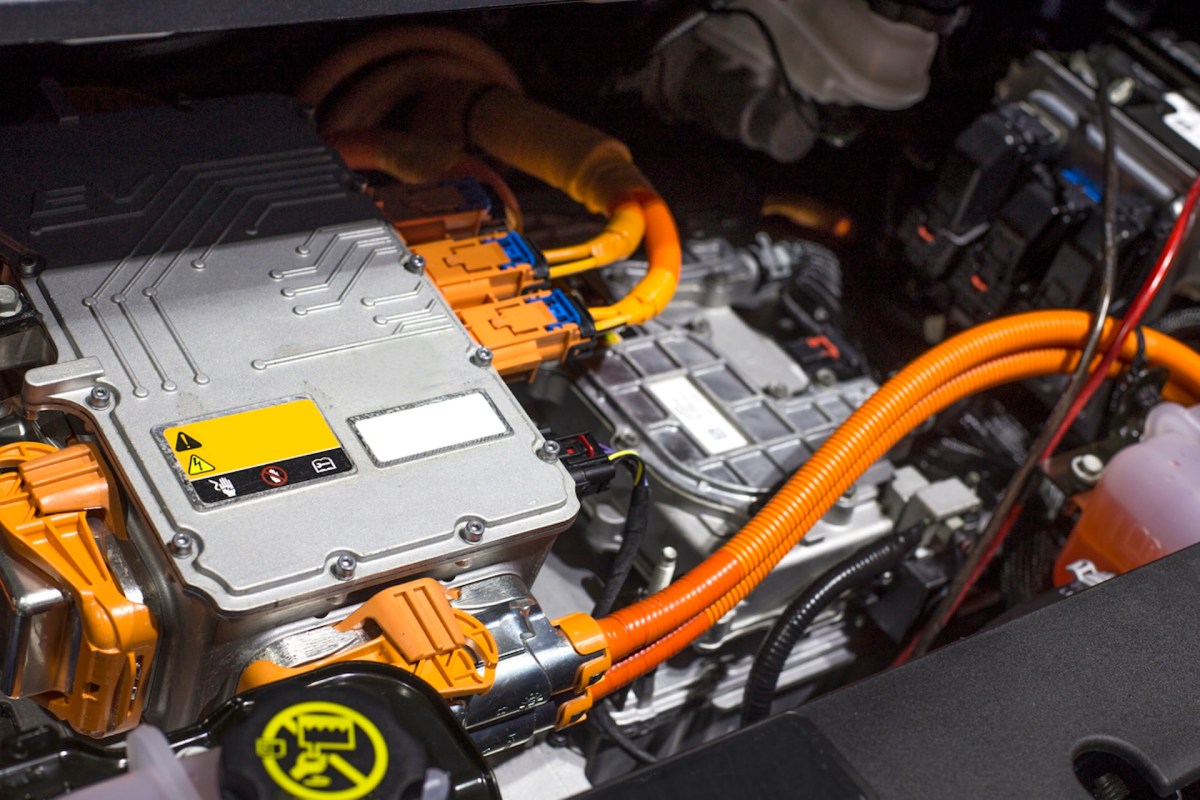Scientists at the University of Texas at Dallas have come up with a new device that can prevent and detect a common issue within electric vehicles.
Electromagnetic interference (EMI) has the potential to cause malfunctions in EVs, including in navigation systems, but the new low-cost "noise" sensor could mitigate these risks, with the technology also having possible uses in cell phones and laptops, as EMC Directory reports.
UT Dallas Researchers Develop Tech to Detect and Reduce EMI in Electric Vehicles
— EMC Directory (@emcdirectory) November 6, 2023
Read more: https://t.co/umBwvDM37B#emi #ev #technology #research #engineering #sensor #design @UT_Dallas pic.twitter.com/ubgEVC9jV2
"If a device in an electric vehicle fails, the results could be catastrophic," electrical engineering doctoral student Lixiong Du said for a university report posted by TechXplore. "Not only can our technology predict EMI, but we also apply measures to reduce EMI."
EMI is a concern within EVs because of the large number of electrical components found within the design. The "noise" from these systems can inhibit communication between certain parts, leading to possible failures, as the university report details.
Although EV manufacturers add parts to vehicles that can block EMI, the sheer number of components can lead to continuous change, and drivers might be unaware of an issue until a major problem occurs.
"The problem is, once you pack in so many computer chips, you can get electromagnetic interference," Dr. Dongsheng Brian Ma, professor of electrical engineering and the Distinguished Chair in Microelectronics in the Erik Jonsson School of Engineering and Computer Science, said.
"In order to convert the energy from the battery to power the systems, you need hundreds of power circuits. Each of them is going to generate a lot of noise," Ma added.
The sensor is able to monitor input voltage and load current, among other key warning signs, to detect EMI and then take action in response to bring it under control.
While it's not yet clear when the technology could be found in future zero-tailpipe-pollution cars, Du hopes the sensor will be able to improve both safety and efficiency.
According to data from Deloitte, safety concerns with battery technology was cited by 13% of United States respondents in a 2020 study that investigated the leading inhibitors among customers looking to buy EVs.
Any new technology to increase the safety of EVs, therefore, will surely be beneficial as motorists look to swap their dirty-fuel cars for clean, electric alternatives that produce no planet-warming pollution while out on the road.
Join our free newsletter for weekly updates on the coolest innovations improving our lives and saving our planet.









